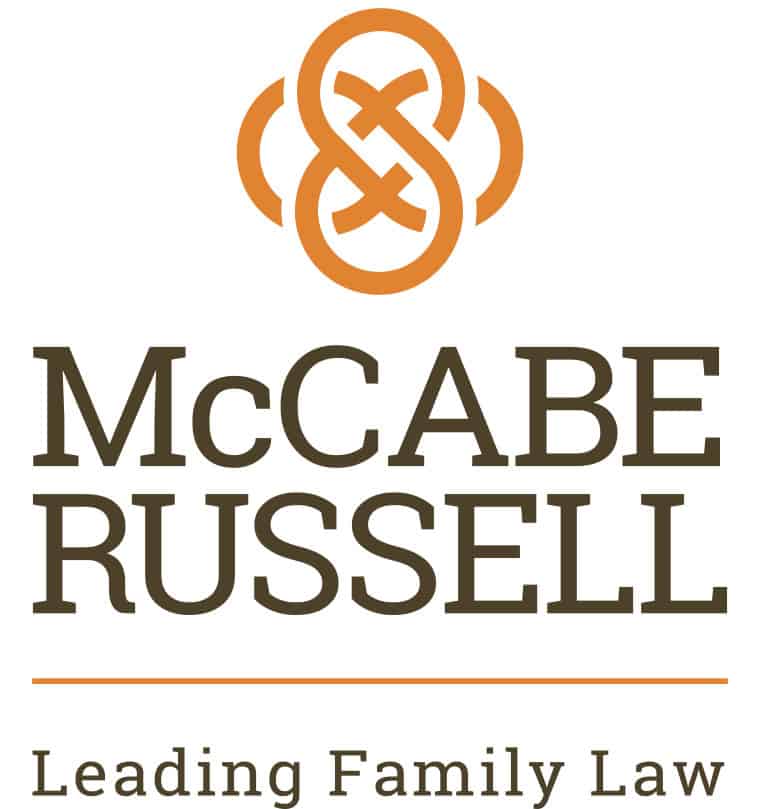Could Parallel Parenting Be a Solution in High-Conflict Custody Situations?
 Most people are aware of how fraught with conflict custody battles can become. But over time, many of those parents can learn how to work together, and how to co-parent effectively. For other parents who are ending high-conflict relationships, there is a need for them to keep their distance from each other, but to stay in close contact with their child.
Most people are aware of how fraught with conflict custody battles can become. But over time, many of those parents can learn how to work together, and how to co-parent effectively. For other parents who are ending high-conflict relationships, there is a need for them to keep their distance from each other, but to stay in close contact with their child.
Parallel parenting allows parents to create a structured and carefully detailed parenting plan, which allows them to care for the child’s needs, but without the necessity of them interacting directly with one another. It is designed to help divorced or never-married parents care for their child while having as little direct interaction or communication with their ex-partners as possible.
Psychology Today describes the arrangement this way: “Parallel parenting honors both parents as equal contributors to children’s growth and development, even in the presence of high conflict and different parenting philosophies, rules and routines, and lifestyles.” In some instances, parallel parenting serves as a starting point for parents in high-conflict relationships, but later as the level of conflict is lowered, and each parent develops a bit more trust in the other, they can begin to move toward a co-parenting arrangement where they can discuss the child’s needs in person. Psychology Today describes the benefits of parallel parenting as creating the opportunity to protect the child’s relationship with both parents, while shielding the child from their parents’ conflict. This model clarifies the importance of both parents in the child’s life regardless of the hostility between them.
How does parallel parenting work?
The purpose of parallel parenting is to keep parents who are unable to get along with one another apart from each other so that they do not fight in the presence of the child. According to a web-based parenting app, the Co-Parenter, the following are the five rules of parallel parenting:
- Create a strict parenting plan that has been approved by a judge, and which contains pick-ups and drop-offs at neutral, public settings such as school or summer camp, or in a shopping center. There is no flexibility in changing the dates or times for parenting time unless it is because of a work obligation and alternate arrangements are made through a court-monitored email address.
- Parental contact can only take place through court monitored email, regular email or fax.
- Parents are to schedule separate parent-teacher conferences and other school events.
- Parents agree in advance about general rules for each household to keep a consistent structure for the child.
- No negative comments about the other parent are allowed.
The Co-Parenter likens the parallel parenting arrangement to two business partners in a corporation who do not like each other, but choose to work together rather than allow the company they have built to go under. Using the parallel parenting structure allows the battling parties to disengage from each other and focus on the needs and the best interests of their child. Parents who know that their constant conflict is damaging their children might want to take this approach for the good of the child.
But is it healthy?
For some parents, it could be healthier to avoid as much contact as possible, rather than reliving old fights and creating new ones. It is certainly better for the children to not be exposed to such destructive behavior. The important thing to remember is this: parallel parenting methods are not necessarily designed to be permanent. Ideally, two people in a high-conflict relationship will use this alternative until they are able, on their own terms and at their own pace, to develop a relationship that is both safe and healthy.
You do not need to be best friends with your former partner. Parallel parenting may, however, help you both learn to maintain civility, while ensuring that you have your designated time with your children. A parenting coordinator may also be able to help your relationship evolve into one that is healthier for you and your children.
At McCabe Russell Divorce and Child Custody Lawyers, we help develop workable solutions for child custody arrangements. We are particularly adept at resolving issues in high-conflict divorce scenarios. Our family law attorneys in Fulton can be trusted to help protect your best interests and those of your children. You may speak with an experienced lawyer serving Howard County clients today by calling 443-812-1435 or by filling out our contact form. We also maintain offices in Columbia, Rockville and Bethesda.

At McCabe Russell Divorce and Child Custody Lawyers, we have an established reputation as assertive and confident negotiators and litigators, offering legal guidance designed to eliminate any of our clients’ worries and confusion. We are experienced family law attorneys in Howard and Montgomery County, but we serve clients throughout Maryland. Read more about McCabe Russell Divorce and Child Custody Lawyers.
